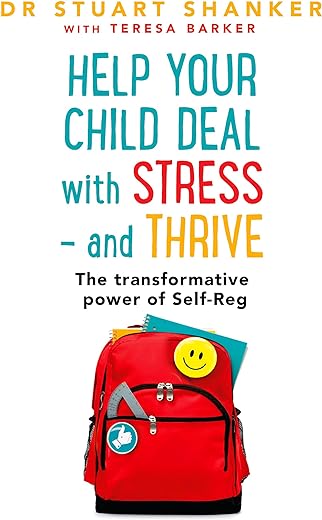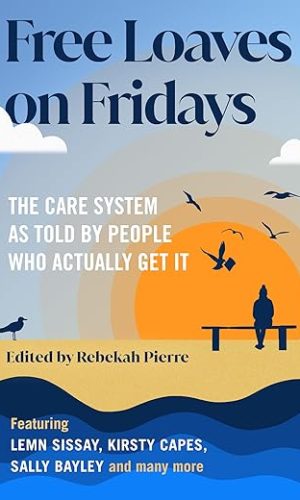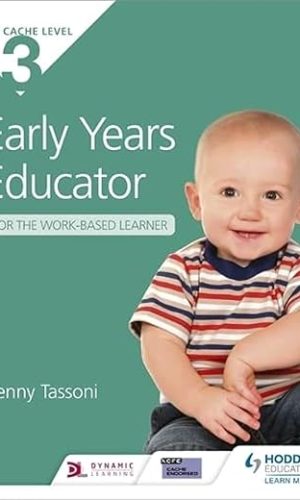Help Your Child Deal With Stress – and Thrive: The transformative power of Self-Reg
£8.70£9.50 (-8%)
We are seeing a generation of children and teens with excessively high levels of stress, and, as a result, an explosion of health problems in young people today. But few parents recognise the ‘hidden stressors’ that their children are struggling with.
This book, previously published as Self-Reg, will give you the tools to help you recognise stress and understand your child’s behaviour, and teach your stressed, emotional child to identify their ‘big’ emotions and get back on an even keel by themselves.
Stress can affect your child in many ways – whether it’s exam pressure, pressure exerted by friends online or in the playground, or related to health, with lack of sleep and anxiety at home contributing. Help Your Child Deal With Stress – and Thrive is a ground-breaking parenting book, in which Dr Stuart Shanker argues that by teaching children the art of self-regulation, it can transform their behaviour and help them to identify, talk about and manage their emotions. This leads to a harmonious home, and children who feel nurtured and supported.
Mastering the art of self-regulation can help children learn to deal with experiences, overcome frustration, pay better attention, engage better with others and enhance their learning capabilities. In turn, children will develop the confidence, along with the skills and emotional strength needed to navigate the pressures and stresses of the modern world.
Underpinned by science, Dr Shanker’s techniques have had a remarkable effect on children and parents alike, and hundreds of thousands of children who have gone through the programme in Canada have shown significant improvement in literacy, numeracy and behaviour.
‘In this important and timely book, Stuart Shanker encourages us to see our children in a whole new light and gives us the tools we need to help nurture our young in order that they can better manage stress, build resiliency and improve their emotional health. Today’s pupils are under serious pressure to perform; by helping children recognize, identify and talk about their emotions, we can help them find balance and ultimately realise their true potential.’ – Sir Anthony Seldon, Vice-Chancellor of the University of Buckingham, co-founder of Action for Happiness and best-selling author
Read more
Additional information
| Publisher | Yellow Kite (6 Sept. 2018) |
|---|---|
| Language | English |
| Paperback | 320 pages |
| ISBN-10 | 1444788701 |
| ISBN-13 | 978-1444788709 |
| Dimensions | 13 x 2.4 x 19.6 cm |










by Emma
I found this book fascinating and really well written. Worth every penny.
by bpat
WONDERFUL book! Truly wonderful and wise. The mother of all parenting books really. This in conjunction with Dr Gordon Neufeld’s advice is what future “good parent exam” will be based on! Buy without hesitation.
by Claire Holland
Great book for professionals, school and parents to read. It’s very wordy and needs to be read a few times to sink in but I do recommend it
by Grazia Depedri
I highly recommend this reading to anyone,especially parents and educators. It gives important insights on potential genesis of what’s labelled as bad behaviour and offers tools to work on causes to.improve effects.
by A. J. Dean
Such an important and interesting book for anyone whose child struggles with anxiety, paying attention, having meltdowns, violent and challenging behaviour etc. Stuart Shankar is a leading authority on helping children to learn to self-regulate. The book covers the different areas of stress that contribute to the dysregulation of the alarm system, leading to it being difficult or impossible for the child to switch off and relax. Looking at the physical, cognitive, emotional, social and what he calls prosocial domains, he explains how stressors in each of these areas contribute to overload and how they interact with and reinforce each other leading to the child’s emotional brakes wearing out so they can no longer get themselves calm. He explains how each child is different and that once a child is in fight / flight / overwhelm the first thing to do is to work out what will help to calm and sooth them – like a shoulder massage, bath, music, drawing, exercise etc etc. A very different approach to the usual one of telling them off, putting them in time out, giving detentions or punishments for not meeting adult expectations – actions that increase stress and lead them to find it even harder to regulate themselves. By looking with different eyes at these behaviours and difficulties as manifestations of stress Shankar suggests we can learn to help our children to calm themselves and bring their rational thinking brain back on line. I cannot recommend this book highly enough to anyone who has or works with children with any of the difficulties I mentioned above.